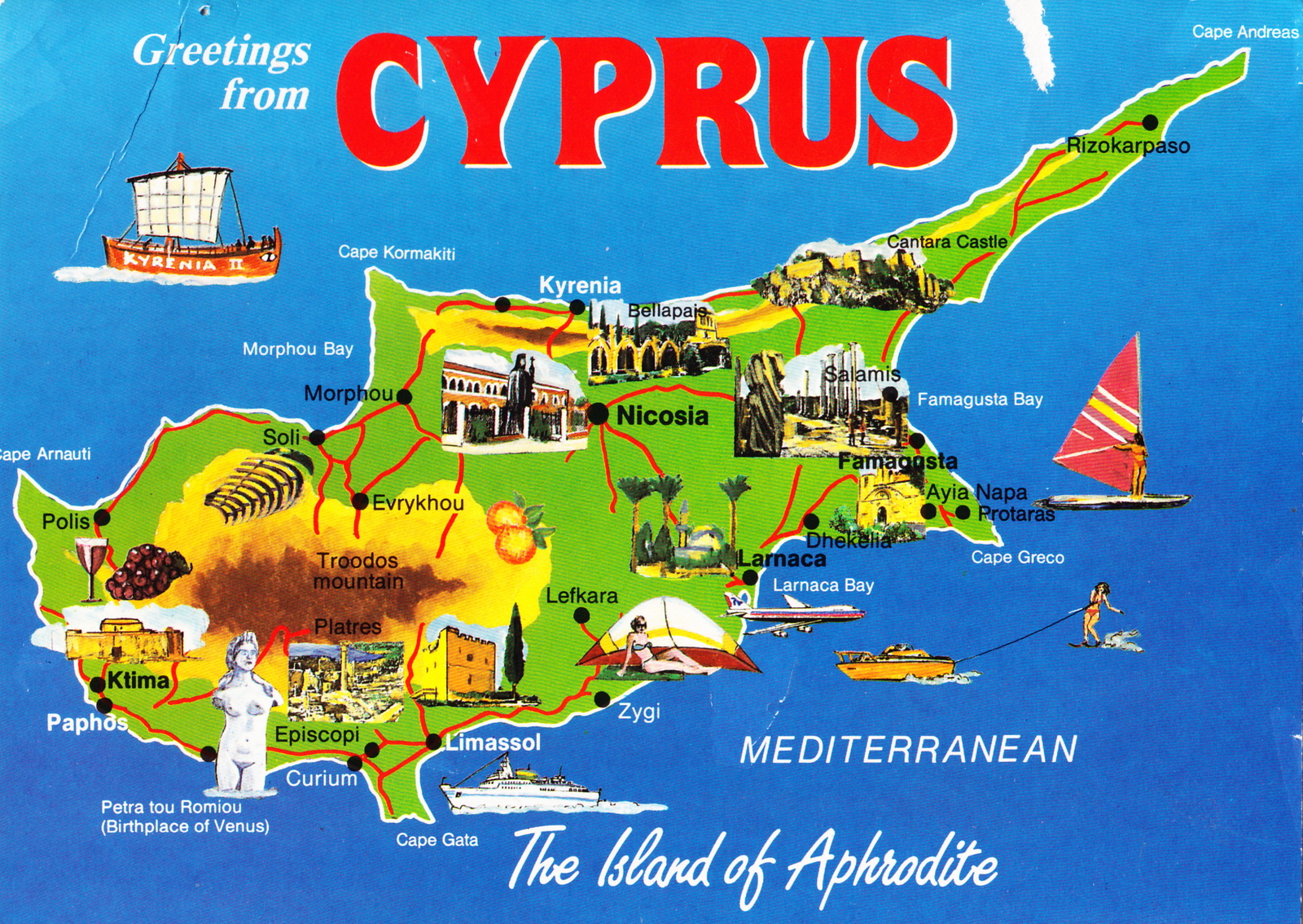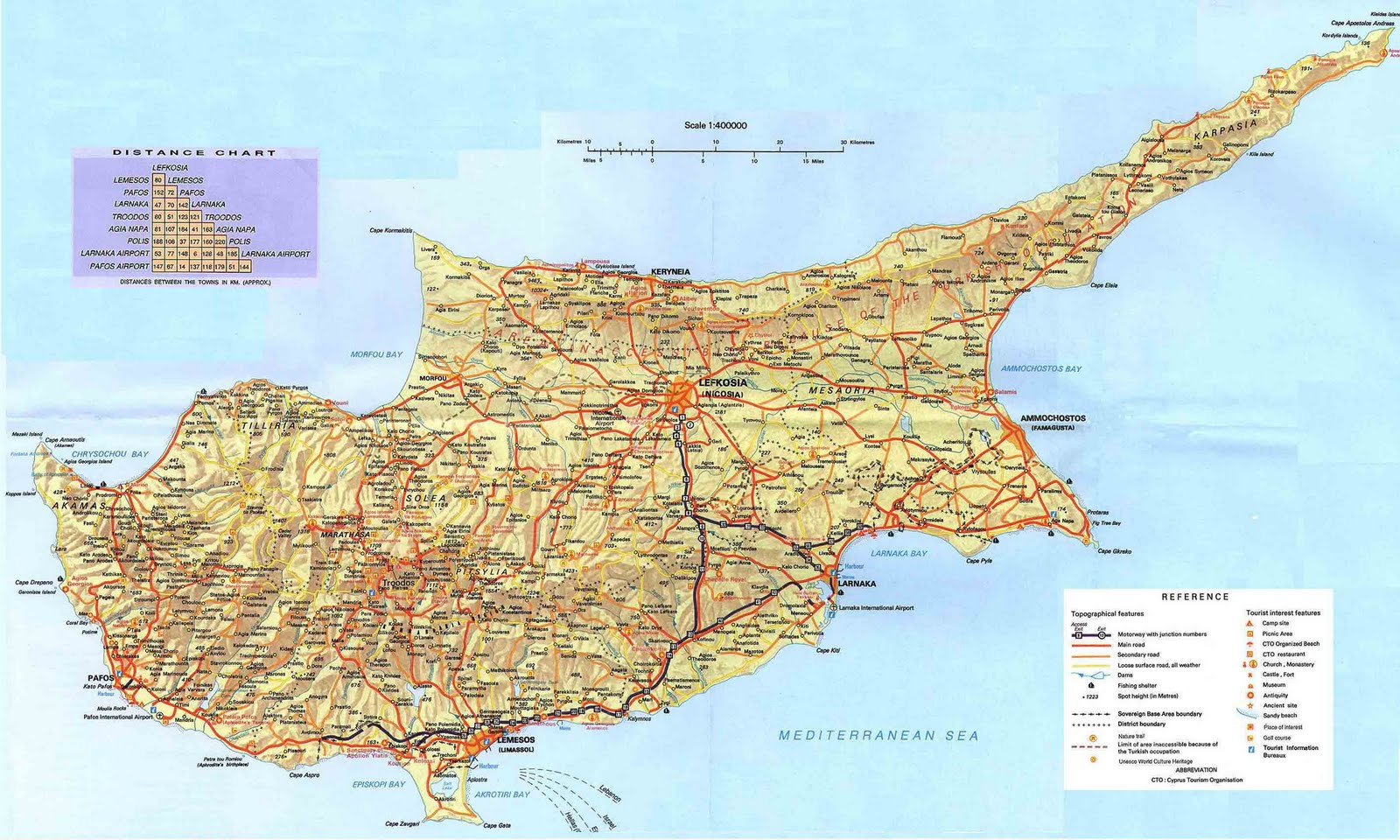
LIMASSOL, Cyprus — Bloodied by a harsh bailout deal that drives a stake through the heart of this Mediterranean country’s oversize financial industry, Cyprus now faces a further blow to its role as an offshore tax haven: the vultures from competing countries are circling.
With a flood of e-mails and phone calls in recent days to lawyers and accountants here who make a living from helping wealthy Russians and others avoid taxes, competitors in alternative financial centers across Europe and beyond are promoting their own skills at keeping money hidden and safe.
“We are aware of the economic problems facing Cyprus at the moment,” read one such message, sent by a law firm in Malta, a fellow member of the euro zone. “We would like to propose an avenue of action for your consideration: offering corporate relocation to Malta,” continued the business pitch, trumpeting Malta’s low taxes and “flexible yet robust regime” for financial services.
Similar unsolicited offers have originated in well-known havens like Switzerland, Luxembourg and the Cayman Islands, as well as in a spate of other locations, including Dubai and Singapore. Even the northern part of Cyprus, controlled by Turkish Cypriots, has joined the feeding frenzy, promoting its own banks as a stable alternative to those run by Greek Cypriots in the crisis-racked southern part of the divided island.
Particularly successful at luring Russians, Cyprus has built up a large infrastructure of lawyers, accountants and other professionals schooled in the arts of tax avoidance. Its corporate registry now has 320,000 registered companies, a staggering number for a country with only 860,000 people. Most are hollow shells set up for foreign companies and wealthy individuals seeking to avoid taxes.
“We have been thrown to the wolves, and now the wolves have responded,” said Nicholas Papadopoulos, who heads the financial and bnudgetary affairs committee in the House of Representatives.
Bitterly critical of last week’s bailout deal — which is forcing Cyprus to shrink its banking and financial services industry drastically and stick the largest bank depositors with much of the bill — Mr. Papadopoulos said the European Union was “punishing a whole country just to hit Russians.”
Even if new controls in Cyprus make it impossible to move much capital elsewhere for the moment, rival havens are nonetheless intent on luring foreign-owned businesses that have been incorporated in Cyprus and might be more than happy to relocate.
Mounting a counteroffensive is the Cyprus Fiduciary Association, an industry lobbying group.
“The banking sector is finished, but the service industry can survive,” said the group’s secretary, Andreas Marangos, a Limassol lawyer. Russians who now use Cyprus will open bank accounts elsewhere but can be persuaded to stick around for other offshore services, he predicted.
He said he had urged the Fiduciary Association to “name and shame” member companies that help foreign clients relocate to alternative havens. “We are trying to convince professionals not to destroy the industry,” he said.
The rush by rival havens could pose grave economic troubles as Cyprus struggles to keep afloat a vital financial industry that employs tens of thousands of people. Cypriot unemployment, already at 15 percent, is expected to soar as the finance sector and the economy as a whole contract, aggravating a crisis that the bailout was intended to solve. Along with shipping, the financial industry is especially crucial here in Limassol, a port city popular with wealthy Russians looking for sun and a safe place to put their money.
Cyprus, although only a relatively small player in a global network of low-tax financial centers, has made serving tax-averse foreigners a central pillar of its economy. A small sunny island whose main economic engine used to be potato farming, Cyprus shifted to a finance-centered model after Turkish troops took control of the northern part of the island in 1974.
While Cyprus and its rivals dislike being described as “tax havens” and prefer to be known as “offshore financial centers,” those now picking at Cyprus’ carcass trumpet their ability to keep money beyond the reach of tax authorities. A Swiss company, the Gonthier Group, last week sent e-mails to Cyprus firms working with foreigners, suggesting they offer their clients a Swiss alternative, namely an investment “vehicle which is extremely low-profile, not classified as a bank account or trust and thus very much under the radar of national fiscal authorities.”
Tilly Schneeberger Gonthier, the head of the Montreux-based company, said on Sunday by telephone that her pitch was “absolutely not” an invitation to evade taxes, but merely an offer of a secure alternative to Cyprus-based investment vehicles. She denied wanting to hurt the Cypriot financial services industry.
“We are trying to help them,” Ms. Gonthier said. “They have a lot of unhappy clients.”
She said that nobody in Cyprus had yet taken up her offer, but added: “This doesn’t happen very fast. It takes time.”
Mr. Papadopoulos, the parliamentary finance committee head, said he didn’t begrudge competitors in other locations trying to lure away clients rattled by his own country’s troubles. With Cyprus and dozens of other havens chasing the same limited pool of clients, he said, competition is fierce: “This is a zero-sum game.”
Echoing a widespread view here, he complained that Cyprus had been unfairly singled out as a haven for shady money by the European Union even as others, including fellow members of the 27-nation bloc, provide much the same services.
“We have made mistakes, but the whole point of seeking help from the European Union was to get fair treatment,” he said, referring to Cyprus’s request for a 10 billion euro lifeline from its European partners and the International Monetary Fund. “We now see that we are still a long way from being a union in which the same rules apply equally.”
A central demand of a bailout package announced early last Monday in Brussels, the headquarters of the union’s bureaucratic apparatus, is that Cyprus dismantle its finance-dominated economic model. Just a few years ago, this model produced growth rates of 5 percent or more but is now crumbling amid the rubble of its reckless and destitute banks.
Cypriot banks gorged for years on deposits from overseas, especially Russia, and spewed out loans at such a rate that the banking sector ended up dwarfing the rest of the economy. Its total assets — now mostly loans of uncertain worth — grew to be eight times larger than the whole country’s economic output.
But this imbalance is no worse than that in Malta, where the banking sector is also about eight times gross domestic product. And it is far less severe than in Luxembourg, where banking assets are more than 22 times G.D.P. Both Malta and Luxembourg, each a member of the European Union, last week loudly insisted they were very different from Cyprus — while their own financial service providers rushed to court Cyprus’s clients.
How much success those countries have had at getting Russians and others to decamp is still unclear, although many lawyers here acknowledge that they have already helped a number of foreign clients open new bank accounts outside Cyprus. The country’s own banks, closed for nearly two weeks to prevent depositors from withdrawing all their cash, reopened last week but are now caught up in a web of capital controls that make most normal transactions all but impossible.
Vasilis Zertalis, the chief executive of Prospectacy, a Nicosia corporate services company, said he understood that foreigners with companies and investment vehicles registered in Cyprus now needed to find banks elsewhere. But he is outraged by the efforts of rival centers to profit from Cyprus’s pain.
“When somebody is down, you should not try to push them further and give them a final blow,” said Mr. Zertalis. “I believe in capitalism, but there should be certain ethics. It is not proper to try and steal our clients and take advantage of this country’s misery.”
As Cypriot authorities last week unveiled plans to shut down Cyprus’s second biggest bank, Laiki, and worked out a strategy to preserve the Bank of Cyprus, the country’s biggest financial institution, by effectively confiscating 60 percent or more of deposits over 100,000 euros, a financial services company in the Cayman Islands made a particularly transparent grab for business.
“It has been very interesting in your part of the world recently,” Bateman Financial said in an e-mail sent to Mr. Zertalis and other Cypriots in the same line of work. “Given the inherent pressure banks will be placed under in Cyprus, your firm may see a need to consider other jurisdictions when consulting clients. The Cayman Islands can offer the stability that is currently desired.”
3 WAYS TO SHOW YOUR SUPPORT
- Log in to post comments















